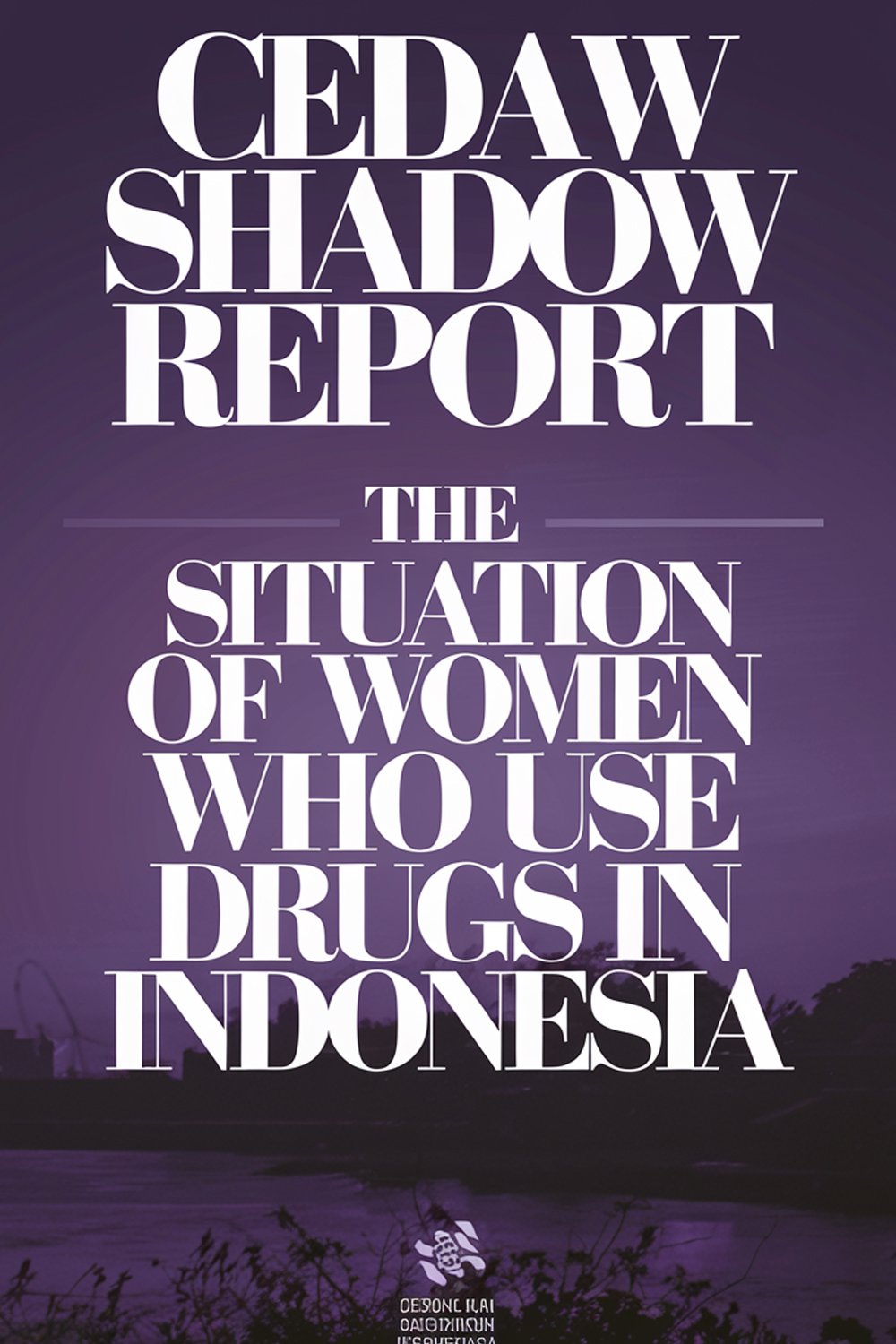More than 1 million women use illicit drugs in Indonesia but they have been ignored by existing policy. At the same time, the nation has limited under-scale NSP and OAT, with no peer naloxone distribution or safe consumption rooms.2 Women who use drugs (WUD) are subject to high rates of violence, stigma and discrimination. As drug use is a highly stigmatized activity and criminalized with harsh penalties, reaching WUD with essential services is challenging.
Indonesia’s drug policy emphasizes a punitive approach, even though this attracted wide criticism for attendant human rights violations. Law No. 35/ 2009 maintains the criminalization of drug use with a maximum penalty of death and makes little distinction between drug traffickers and people who use drugs (PUD). Meanwhile, overcrowded prisons are associated with poor ventilation and inadequate sanitation and nutrition, creating risks for the spread of HIV, tuberculosis, hepatitis and now COVID.3 Across the globe, and not least in Indonesia, the failure of the war on drugs has come at an enormous cost to women. As drug use is generally regarded as a criminal and moral problem, prohibition has extensive support from society and the State for a harsh law enforcement approach, impacting women heavily and in unique gendered ways, some of which are unpacked in this report.
Massive incarceration of women who use drugs (Art. 1, 2, 10, 11, 12, 13, 16)
1.1 Gender blind drug policy Indonesia’s prohibition-based drug policy is punitive and based on a rigid interpretation of the UN drug conventions. Criminalization can impact those who buy, sell, use, distribute, carry, control, and possess drugs.5 Punishments are severe, ranging from a minimum of two years to the death penalty. Criminal law can be imposed even on parents6 who know their child is using drugs but fail to report this to the State.7 Drug offences in Indonesia are categorized as a ‘special crime’ along with corruption and terrorism, which the government often presents as “extraordinary crimes”, thus enabling harsh sentencing.
